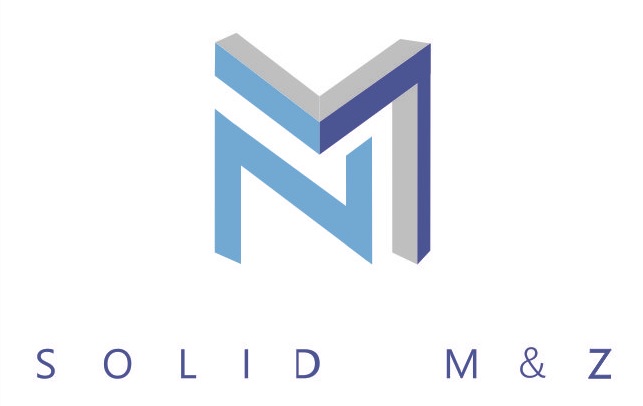Position Overview
The Facilities Engineer is responsible for managing the technical and infrastructure aspects of building operations, ensuring reliable, efficient, and cost-effective facility systems. This role includes overseeing mechanical, electrical, plumbing (MEP) systems, implementing preventive maintenance, troubleshooting issues, and enhancing building performance. With the adoption of smart building technologies, the Facilities Engineer also monitors, configures, and optimizes IoT-enabled systems for energy efficiency, security, and occupant comfort.
Key Responsibilities
Operations
System and Maintenance
- Maintain and troubleshoot HVAC, electrical, plumbing, and structural systems.
- Ensure compliance with safety standards and regulatory requirements for all building systems.
- Conduct regular inspections and preventive maintenance on mechanical and electrical systems.
Department
- Staff management including planning of resources, discipline, and achievement of targets.
Smart Building Management
- Integrate and manage IoT-enabled devices and Building Management Systems (BMS) to monitor and control building functions.
- Utilize data analytics to track energy usage, air quality, occupancy patterns, and system performance, identifying areas for improvement.
- Implement predictive maintenance using data from sensors and automation platforms to minimize downtime and extend equipment lifespan.
Energy Management and Sustainability
- Develop and implement energy-saving strategies, including optimizing lighting, HVAC, and building envelope systems.
- Monitor and adjust systems to improve energy efficiency through smart building technologies, such as automated lighting controls, smart thermostats, and renewable energy systems.
- Support initiatives to meet sustainability goals by minimizing the building’s carbon footprint and water usage.
Security and Safety Systems
- Oversee and maintain smart security features, such as access control, video surveillance, and occupancy sensors.
- Ensure life safety systems, including fire alarms, sprinklers, and emergency lighting, are operational and integrated with smart building protocols.
- Conduct safety audits and emergency drills to prepare for and mitigate potential risks.
Project Management
- Lead facility upgrade projects, including installing new equipment, retrofitting systems, and integrating smart building technologies.
- Coordinate with contractors, vendors, and cross-functional teams to execute building improvements on schedule and within budget.
- Manage documentation, including as-built drawings, equipment manuals, and maintenance records.
Compliance and Documentation
- Ensure all building systems meet local, state, and federal regulations.
- Maintain accurate records of inspections, maintenance, and repairs.
- Prepare reports on facility performance, energy use, and compliance for management review.
Budget
- plan, budget and control spend to ensure best value is received
Vendor & people management
- work and maintain excellent vendor relationship.
Team Player
- Support other lines of services within the Account – locally on events and other assistance required.
- Support other offices eg Hub Asia, only when necessary
Skills and Qualifications
- Bachelor’s degree in engineering (Mechanical, Electrical, Civil, or a related field) or equivalent experience.
- 3-5 years of experience in facilities management or building engineering.
- Strong understanding of Building Management Systems (BMS), IoT devices, and smart building technologies.
- Knowledge of HVAC, electrical, plumbing, and structural systems in commercial or industrial buildings.
- Experience with energy management practices and sustainable building operations.
- Proficiency in data analysis and diagnostic tools for system performance monitoring.
- Excellent problem-solving and project management skills.
- Strong communication skills for collaborating with stakeholders, contractors, and vendors.
- Experience in managing and leading projects.
Smart Building Features for Facilities Engineers In the role, the Facilities Engineer is increasingly expected to use technology to improve operational efficiency and occupant experience. Some smart building features they may work with include:
- Automated lighting and climate controls that adjust based on occupancy and time of day.
- Predictive maintenance systems that alert to potential issues before breakdowns occur.
- Energy management systems that monitor consumption and optimize utility usage.
- IoT-enabled safety and security systems that enhance protection and monitor access.
The Facilities Engineer’s role in smart buildings is to harness these technologies to ensure efficient, sustainable, and safe building operations.
















